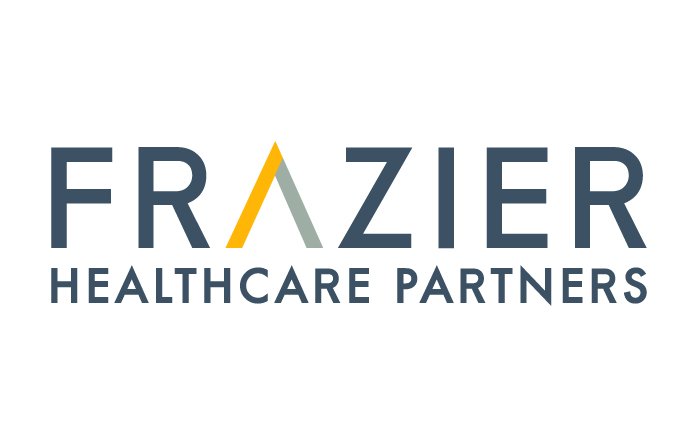In the United States, there are approximately 1.5 million preventable adverse events related to medication mismanagement reported every year. This extensive public health issue results in $177 billion in costs, injury, and death. Pharmacists play a pivotal role in preventing medication adverse events through medication therapy management, also known as MTM. This is a collective term to describe various healthcare services provided by pharmacists and other healthcare professionals.
The purpose of MTM is to reduce medication errors and adverse reactions while optimizing patient outcomes. MTM programs typically include the following five components: medication therapy review, a personal medication record, a care plan developed by your pharmacist, intervention and/or referral documentation, and follow up.1 During a MTM session, you will speak with your pharmacist to discuss the medications you are taking. This will include your prescription, over the counter, supplement, and herbal medications. Your pharmacist will then assess if there are medications prescribed incorrectly, medications that could have a negative interaction if taken together, unnecessary medications, multiple of the same type of medications, and if you need any additional medications for health conditions that are not being treated or inappropriately treated. Your pharmacist will provide you with in depth education on your medications and follow up with you about how they are working.2
Some examples of MTM services a pharmacist may provide are:
- Performing assessments of a patient’s health status
- Developing a medication treatment plan
- Working with providers to select, initiate, change, and administer medications
- Evaluating and monitoring a patient’s response to their drug regimen. This can include the safety and efficacy of prescribed medication
- Completing a comprehensive medication review to find, settle, and prevent problems related to a patient’s regimen
- Providing support services, resources, and information that increase therapy adherence
- Recording the care that was performed and providing essential information regarding the medication regimen to the patient and their healthcare providers
- Educating patients and providing training to increase understanding of how to properly use their medication(s)3
MTM can be performed in any setting where a patient is taking a form of medication. Even though pharmacy practice settings vary, when a pharmacist provides MTM their goals are to ensure each patient is taking the correct medication for their health condition(s) and to achieve the best outcomes from their medication treatment. Anyone who is taking a non-prescription, prescription, herbal supplement, or dietary supplement can benefit from a MTM program. Those who benefit the most from MTM are patients with multiple health conditions, those who take multiple medications, those who have questions about their medications or require close monitoring on their medications, those who were recently hospitalized, those who use specialty medications, or those who fill their medications at multiple pharmacies.3
Specialty pharmacies such as BioMatrix often provide care for patients with complex, rare, or chronic health conditions. Specialized support including MTM can help patients achieve the best health outcomes. Working with prescribers, specialty pharmacists can provide comprehensive MTM services optimizing prescribed therapy.4 Effective MTM helps patients avoid adverse events, improve therapy adherence, and experience positive health outcomes. By helping patients access their prescribed therapy quickly, safely, and with the resources to properly manage treatment, specialty pharmacies deploying MTM play an essential part in a patient’s overall care.
Stay informed on the latest trends in healthcare and specialty pharmacy.
Sign up for our monthly e-newsletter, BioMatrix Abstract.
By giving us your contact information and signing up to receive this content, you'll also be receiving marketing materials by email. You can unsubscribe at any time. We value your privacy. Our mailing list is private and will never be sold or shared with a third party. Review our Privacy Policy here.
References
Medication Therapy Management (MTM) Services [Internet]. Home. [cited 2022 Jun 20]. Available from: https://www.pharmacist.com/Practice/Patient-Care-Services/Medication-Management
Medication therapy management (MTM) & Medication Therapy Review (MTR) [Internet]. South Dakota State University. [cited 2022 Jun 22]. Available from: https://www.sdstate.edu/your-pharmacist-knows/medication-therapy-management-mtm-medication-therapy-review-mtr
Medication therapy management (MTM) [Internet]. APhA Foundation. 2013 [cited 2022 Jun 20]. Available from: https://www.aphafoundation.org/medication-therapy-management
Shu-Ayanji F, Ogurchak J. Developing a framework for delivery of medication therapy management in a specialty pharmacy [Internet]. Pharmacy Times. Pharmacy Times; 2022 [cited 2022 Jun 20]. Available from: https://www.pharmacytimes.com/view/developing-a-framework-for-delivery-of-medication-therapy-management-in-a-specialty-pharmacy





